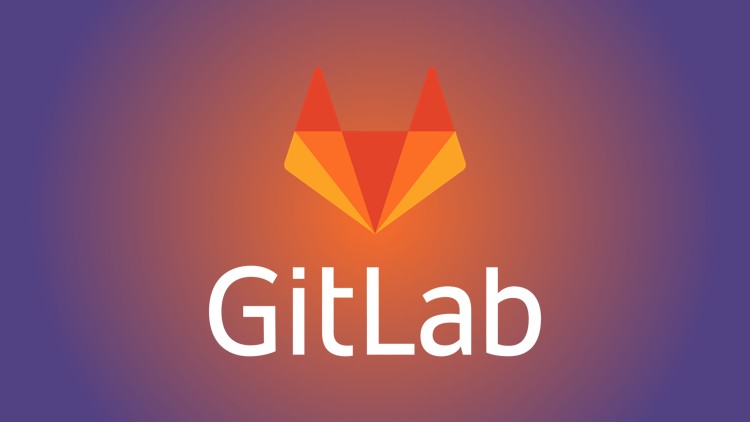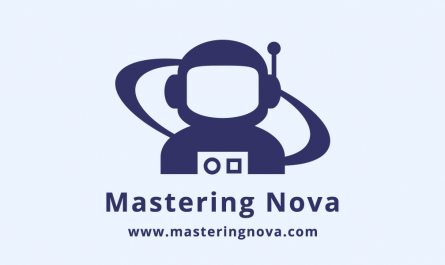
Description
Learn and experience the world of modern CI/CD with Gitlab!
It’s no surprise that Gitlab is so popular among millions of developers and thousands of high-velocity teams around the world that want the best experience effortlessly and deliver their software to the world in an instant. Did you know Gitlab dot com alone has more than 30 million developers signed up? Not to mention those who run their own Gitlab…
In this course, you’ll learn why developers and teams love Gitlab, build and continuously deliver great software to the users like you and me every day.
We’ll start by exploring the world of Gitlab. I’ll introduce myself and my experience over the years with Gitlab by actively using it. We’ll then go ahead and explore the course section by section and what’s in it for you. Then we’ll see what you need to follow along with this course; a Gitlab account which I’ll help you how to create, familiarity with git commands and a basic understanding of Docker. And make no mistake; I’ll explain you at the every step of the way!
In Getting Started with Gitlab section, we’ll start by creating our Gitlab account. Once our account is ready, we’ll go ahead and explore our Gitlab account and it’s features. Then we’ll create an SSH key pair and configure Gitlab to trust this key to push our code and sign our commits with it. Time comes to creating a project and making our first commit to Gitlab! Once we learn how to do all that, we’ll start exploring features of projects with Gitlab.
In Getting Started with Gitlab CI/CD section, we’ll start by learning how Gitlab CI/CD works under the hood and how it helps us to quickly deliver our software to our users. We’ll then explore and learn to work with Gitlab Web IDE; a modern IDE based on Visual Studio Code. Once we’re familiar with the Web IDE, we’ll implement our first Gitlab CI/CD pipeline with .gitlab-ci.yml. Then we’ll explore our pipeline execution in Gitlab UI and I’ll explain you every single line of code that we implemented for the pipeline. And finally, we’ll explore the CI/CD settings for projects with Gitlab.
In Software Development Lifecycle with Gitlab section, we’ll start by learning Projects, Groups, Subgroups. Then we’ll learn how to manage user access for projects and groups. Now it’s time to focus on project management capabilities with Gitlab using Issue Tracking and Milestones. Most importantly, we’ll learn how to branch out, create merge requests and conduct code reviews with Gitlab. Finally, we’ll learn how to use the Wiki feature to document our software and Code Snippets to store snippets of code in our projects.
In the first part of Advanced Topics with Gitlab CI/CD, we’ll explore Gitlab package and container registries as well as the Gitlab Runner. We’ll start by having a glance at the topics and the first up is Gitlab Package Registry. We’ll learn how to push our packages to Gitlab Registry. Then we’ll learn how to work with Gitlab Container Registry by building and pushing our docker images to it. Then we’ll focus our attention to Gitlab Runners. We’ll start by learning how to build our own Gitlab Runner images based on Docker. After pushing our image to Gitlab Container Registry, we’ll integrate it with a project to use it. We won’t stop there and we’ll actually register our own custom runner by using an AWS EC2 instance. We’ll tie everything together by integrating our customer runner that uses our custom runner image to customise everything in our Gitlab pipeline.
In the second part of Advanced Topics with Gitlab CI/CD, we’ll explore more and more interesting topics that you can take advantage of, love and potentially use every single day!
We’ll start by learning how to integrate a Kubernetes cluster with Gitlab and continuously deliver software with manifests in our Gitlab projects. Next up is to learn how to manage Terraform state with Gitlab; we’ll see how easy it is to use Gitlab Terraform backend without any credentials!
Here we come to another exciting part; we’ll learn how to take advantage of Gitlab API and Gitlab CLI or glab to further enhance our experience while working with Gitlab!
Next up is to learn how to integrate other tools with Gitlab and we’ll integrate Slack to both talk to Gitlab from Slack channels as well as get notified in Slack when certain events happen in our projects. Finally, we’ll explore project insights and analytics with Gitlab to learn, understand and have an insight into our projects in Gitlab.
In Getting More Out of Gitlab section, we’ll learn more ways to elevate our Gitlab experience. We’ll start by exploring the vast ocean of Gitlab documentation for every single topic about Gitlab. Then we’ll learn Gitlab Learn which help your team get trained on curated content whether instructor-led or self-paced. We’ll also explore certification possibilities for validating our Gitlab expertise even further. For those who are looking to run their own Gitlab instance for various reasons, we’ll also explore various different ways of running and hosting our own Gitlab instance.
Finally, we’ll explore Gitlab plans and pricing for teams for those who are looking to get more out of their Gitlab experience with more features.
These and much awaits you in this course! Whether you’re just starting your journey to the world of Gitlab or a day-to-day user who is looking to learn new ways to get more out of Gitlab, join me in this course to learn from my near-decade Gitlab experience!
Who this course is for:
- Beginners who are looking to start their journey to the world of Gitlab
- Experienced users who are looking to find out more ways of elevating their Gitlab knowledge and experience
Requirements
- Familiarity with git and commands
- Basic understanding of Docker and Dockerfile
Last Updated 3/2023
Download Links
Direct Download
Modern CI/CD with GitLab: Productivity and Workflow Boost.zip (1.7 GB) | Mirror


